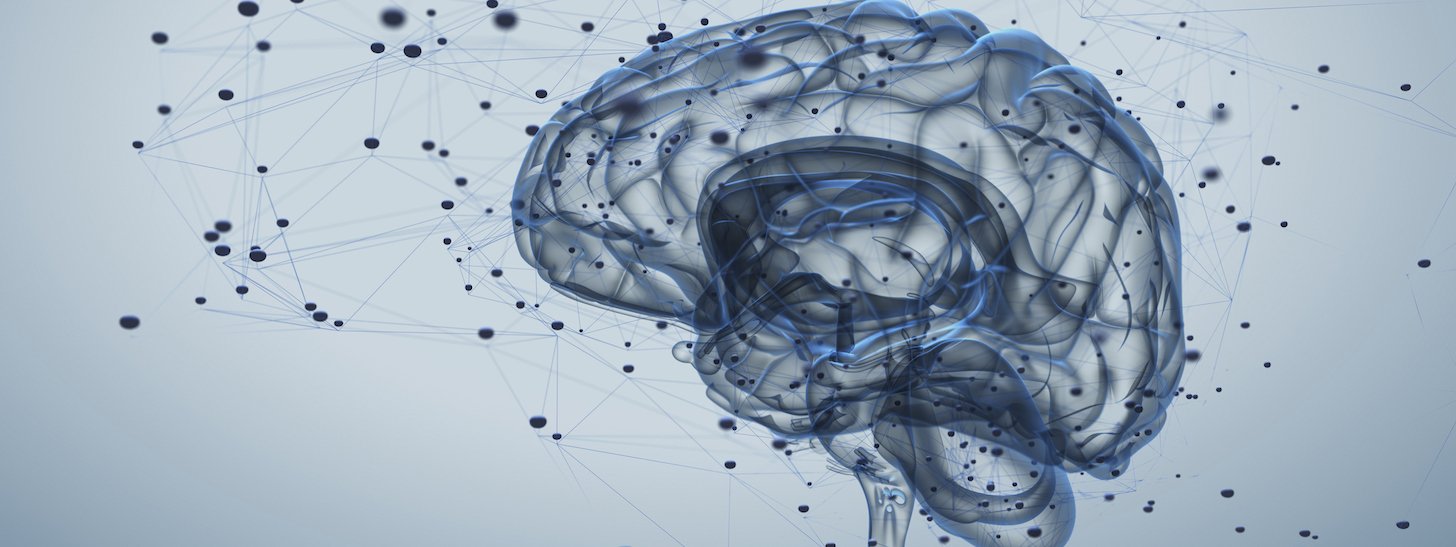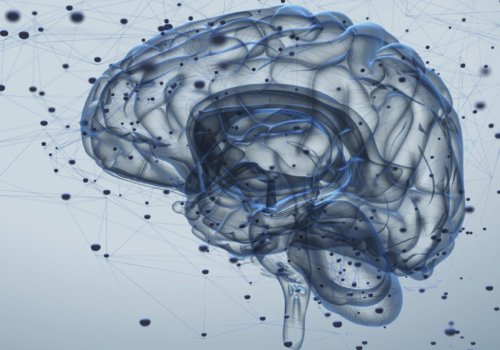February 2021 Society Spotlight
Meet Noah Rosen, MD, FAHS, AHS Board Member-at-Large
Happy Valentine’s Day and President’s Day!
I hope you all are safe and healthy and that you, your families, and your communities have done well through this last year and the challenges it has brought. I truly missed seeing many of you at our in-person conferences this last year and look forward to a return to spontaneous meetings on conference center floors, unexpected revelations at talks I “just decided to check out”, and meeting new and impressive colleagues.
However, as much as this last year inhibited many of our usual activities, many other areas continued to grow this last year: telecommunication, the stock market, charitable giving, and awareness of the key roles of schools, food service, maintenance, medical providers and other essential workers. Our field of Headache has also continued to grow tremendously this year with new treatment options, increasing public awareness and across many areas of medical education.
For those who I haven’t had the chance to meet yet, which I hope changes at our next AHS meeting, I am Noah Rosen, a headache specialist and Neurology Residency Director at the Zucker School of Medicine at Northwell Health in Long Island. I have been fortunate to have been a Neurology clerkship director and Headache Fellowship Director at Thomas Jefferson University in Philadelphia and have been involved in Headache Education for the last 17 years. It is amazing to see the growth in our field over that time, and how efforts have been made to not just create more headache specialists but to increase the overall knowledge of all medical trainees. Especially this last year we have seen major advancements in the headache education of fellows, residents, and medical students with a number of exciting initiatives through the American Headache Society.
In 2005 the United Council of Neurologic Subspecialties recognized Headache Medicine as a field, with the first certification exams beginning the following year. This year, with the addition of new programs at UCLA and Oregon Health and Science University there are now 45 training programs in the US and 707 certified specialists with over a 100 new specialists this last year alone. While many headache specialists receive their training as part of their practice, an ever-growing group have received more structured training in research, pharmacology, and procedures relevant to patient care. When you get the chance to meet some of our newly fellowship trained specialists, you will be amazed at their dynamic motivation, knowledge, and desire to continue to move our field forward.
On March 1st, headache fellowship season will start for 2021, with programs beginning to review applications and arrange for interviews. As per our intent to formalize this process in harmony with other neurological subspecialty fellowship applications, the response period will begin on August 2nd. I highly encourage you and your trainees to visit the new AHS Headache Fellowship website to check out the wide range of programs and the range of opportunities they offer. In order to facilitate this process a Match Task Force was formed from the Consortium of Academic Headache Program Directors and comprised of headache fellowship and Neurology Residency program directors representing a wide range of geographically diverse leading programs. Updated program requirements and educational milestones also were released this year to help to continue to improve the fellowship experience. Many of these programs have been supported by the super Miles for Migraine organization which continues to arrange races across the country raising awareness of headache disorders. Please take the opportunity to be involved. Many of the fellowships also arrange for participation in Headache on the Hill – which is going digital and strong this year! The deadline has already passed for that advocacy opportunity, but I would hope many of you will participate in Neurology on the Hill (with a deadline at the end of February) and with the work done by our stellar AHS Advocacy Committee under the dynamic Dr. Amaal Starling.
Yet, only a select few physicians and other health care providers become specialists in Headache Medicine. In recognition of that, AHS has several programs focused at raising the knowledge of resident trainees overall. While the fabulous in-person Resident Education Program led by the ever-amazing Dr. Matthew Robbins has taken a break for the last year, after helping educate hundreds of residents from dozens of programs, it is set to resume this fall with calls for nominations going out by the time warmer weather comes around. Despite those limitations, resident (and faculty) education continues with the REACH program led by Dr. Matthew Robbins, Dr. Rashmi Halker Singh, and myself which has provided grand rounds by local experts and dozens of additional hours of training to 20 institutions around the country this last year alone. It has been such a success that the program has been expanded with plans for more availability to be announced soon. Every one of the trainees that participate in these programs are given free 1 year Trainee membership to AHS, electronic access to the Journal and access to our online meetings. Residents and Fellows have many other options also available: they can participate in the International Headache Academy for more focused training, can apply to become Assistant Editors at the journal Headache® and can submit to the new Resident and Fellow section of the journal Headache. We also actively encourage all trainees to join the NIT (New Investigator and Trainee) Special Interest Section… actually, we encourage EVERYONE to be active in our Special Interest Sections! Once again, AHS will also sponsor a subspeciality mentoring session at the 2021 AAN meeting and we would love to see you all participate to help meet and grow new colleagues. Keep an eye out for many great posters and papers this year showing the need, the challenges, and the means of training residents in headache medicine.
Lastly, but just as importantly, has been an increasing focus on improving all medical students’ education in headache medicine. In 2020, several of the Emerging Leaders at AHS including Drs. Anna Pace, Adam Sprouse-Blum, and Serena Laura Orr completed a survey of clerkship directors and curriculum deans at medical schools in North America to help illuminate the state of headache medicine education in medical trainees. Their data will be presented and published this year and will lead to great new efforts to help address the educational gap between those who need help for their headache disorders and those prepared to provide that care. We look forward to hearing more of their work and the continued improvement in addressing the needs of this underserved, underrecognized and undertreated population.
Thank you all for the hard work that you do and the wonderful community you have helped create!
Be well;
Noah Rosen


